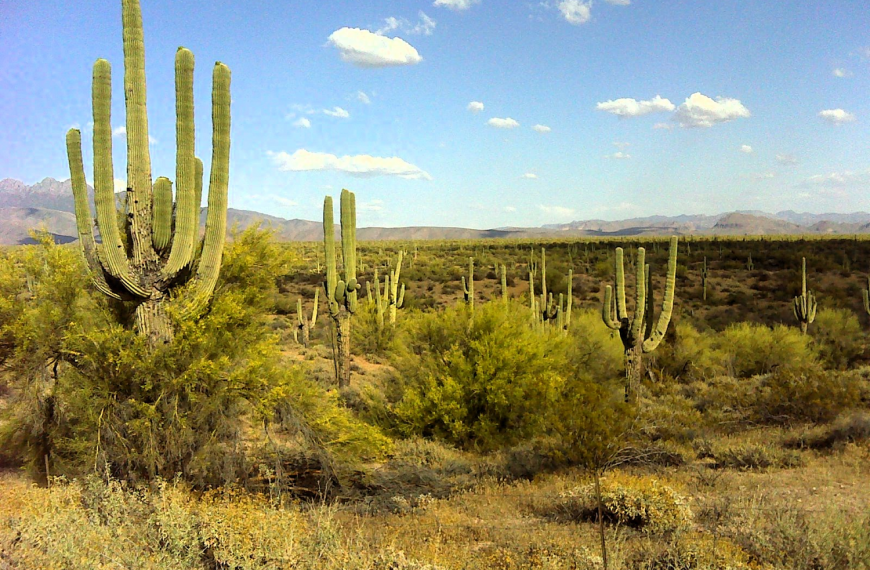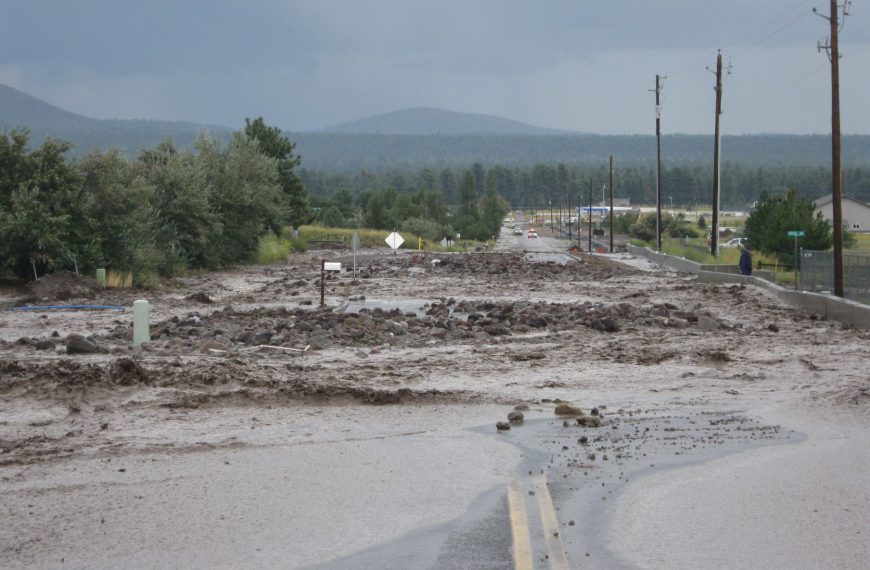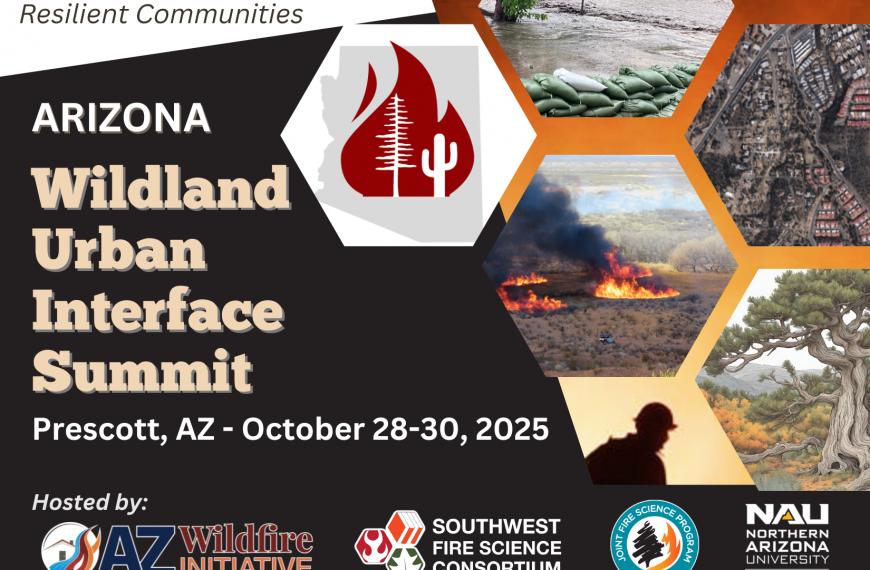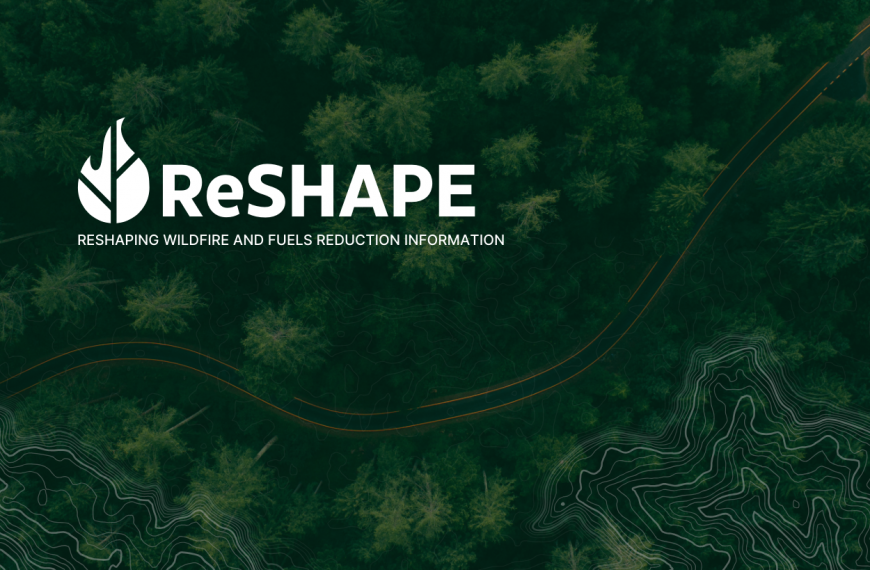Presenter: Vita Wright (Northern Rockies Fire Science Network)
Recent science communication studies of the federal fire management community suggest managers access research via informal information networks, and that these networks vary by both agency and position. We used a phone survey to understand the informal science communication networks of fire professionals in two of the Joint Fire Science Program’s regional knowledge exchange consortia: the Northern Rockies Fire Science Network and the Southwest Fire Science Consortium. In these two regions, we sampled federal and tribal decision makers, fire management officers, fire ecologists, and fuels specialists to determine: 1) who they go to for scientific information about fuels or fire effects science, 2) why they go to these individuals, and 3) how they communicate with these individuals. Informal science communication networks varied by both professional position and information type (fuels vs. fire effects), with fuels specialists being universally important informants about science. In contrast to a broadcast approach to science communication, a more strategic approach based on understanding the characteristics of fire science communication networks is expected to shorten time lags to diffusion.
Watch and listen to a recording of this powerpoint webinar.






